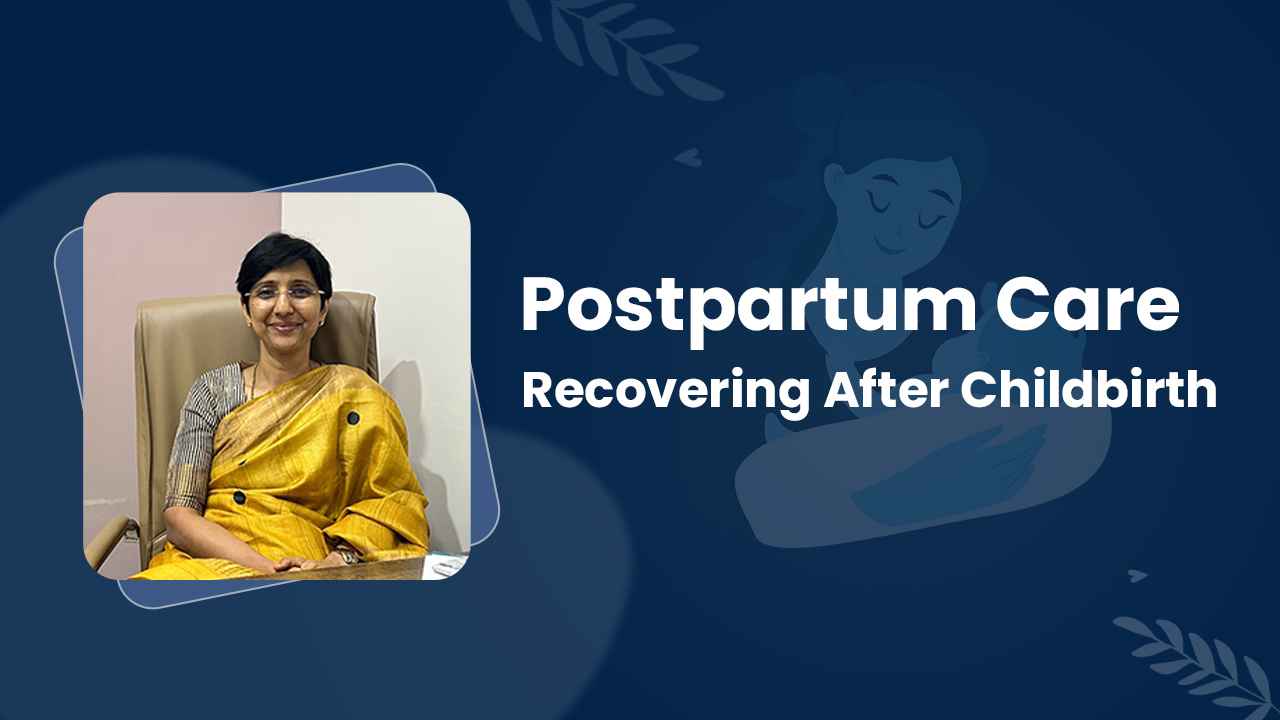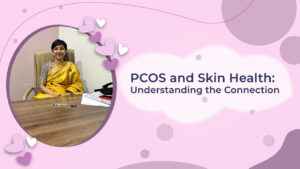Recovering after childbirth, under the expert guidance of Dr. Rajeshwari Reddy, a distinguished gynecologist with over 23 years of experience and recognized as one of the best in Hyderabad at Continental Hospital, is crucial for both physical healing and emotional well-being. Here’s a comprehensive guide to postpartum care to help new mothers navigate this important phase:
Physical Recovery
- Healing from Delivery:
- Whether vaginal or cesarean, Dr. Rajeshwari Reddy advises on proper wound care and managing discomfort.
- Monitoring for signs of infection or complications, ensuring a smooth recovery.
- Managing Postpartum Pain:
- Providing pain relief options suitable for breastfeeding mothers, such as safe medications and non-pharmacological techniques.
- Addressing discomfort from perineal tears, episiotomies, or abdominal incisions with personalized care.
- Nutrition and Hydration:
- Recommending a balanced diet rich in nutrients to support healing and energy levels.
- Encouraging adequate hydration, especially for breastfeeding mothers.
Emotional Well-being
- Baby Blues vs. Postpartum Depression:
- Differentiating between normal mood fluctuations (baby blues) and more persistent feelings of sadness or anxiety (postpartum depression).
- Offering support and resources for mental health, including counseling if needed.
- Rest and Recovery:
- Emphasizing the importance of rest and sleep to aid physical recovery and mental well-being.
- Supporting new mothers in delegating tasks and accepting help from loved ones.
- Bonding with Baby:
- Promoting skin-to-skin contact and breastfeeding to enhance bonding and emotional connection.
- Encouraging moments of relaxation and mindfulness with the newborn.
Follow-up Care
- Postpartum Check-ups:
- Scheduling follow-up visits with Dr. Rajeshwari Reddy to assess healing progress, discuss contraception options, and address any concerns.
- Monitoring maternal health, including blood pressure, healing of stitches, and emotional adjustment.
- Support Networks:
- Connecting new mothers with support groups, lactation consultants, and resources within the community.
- Providing information on newborn care, feeding techniques, and developmental milestones.
Conclusion
Postpartum care is a critical phase that requires personalized attention and support from healthcare providers like Dr. Rajeshwari Reddy at Continental Hospital, Hyderabad. By prioritizing physical healing, emotional well-being, and ongoing support, new mothers can navigate this transformative period with confidence and embrace the joys of motherhood.




